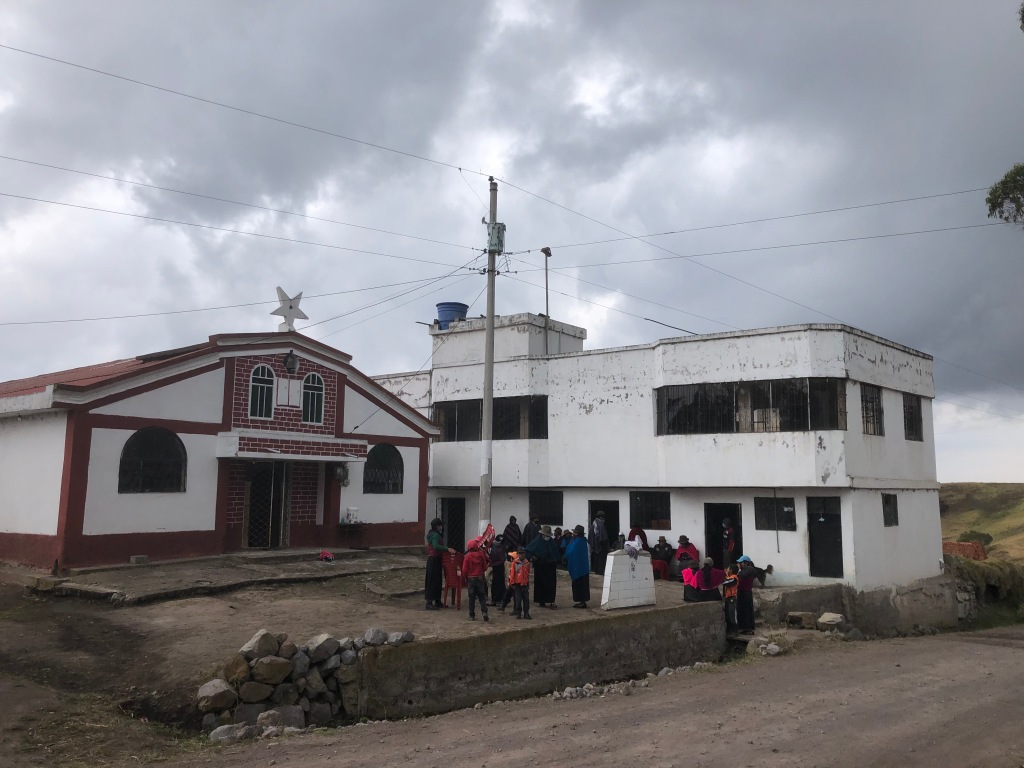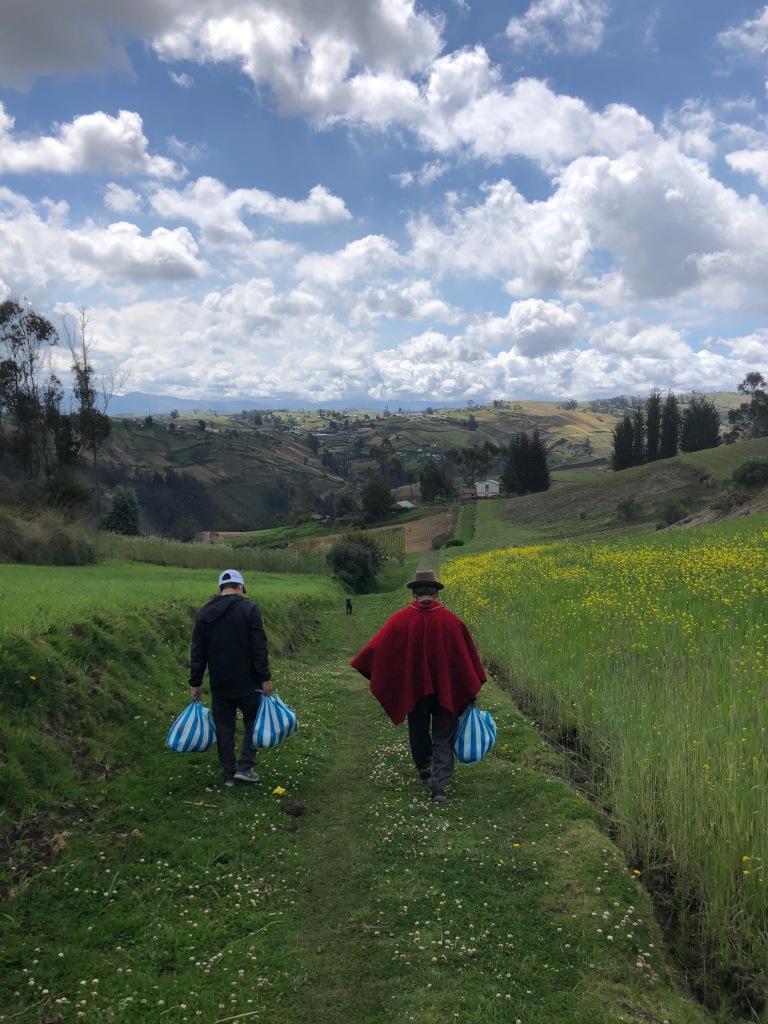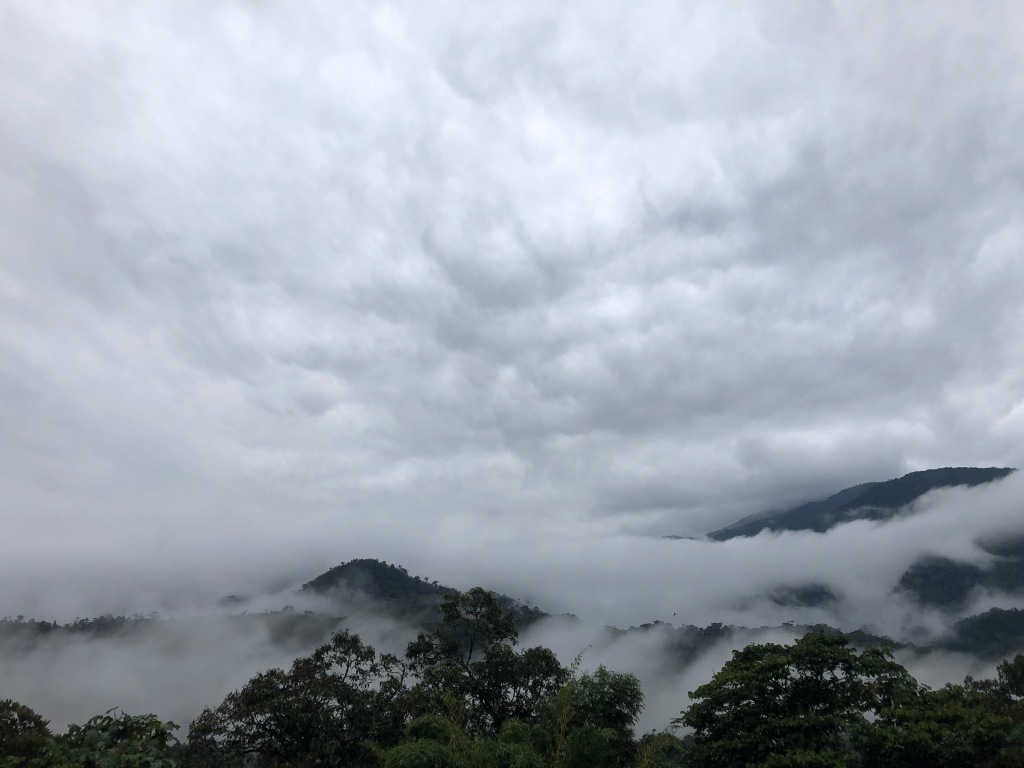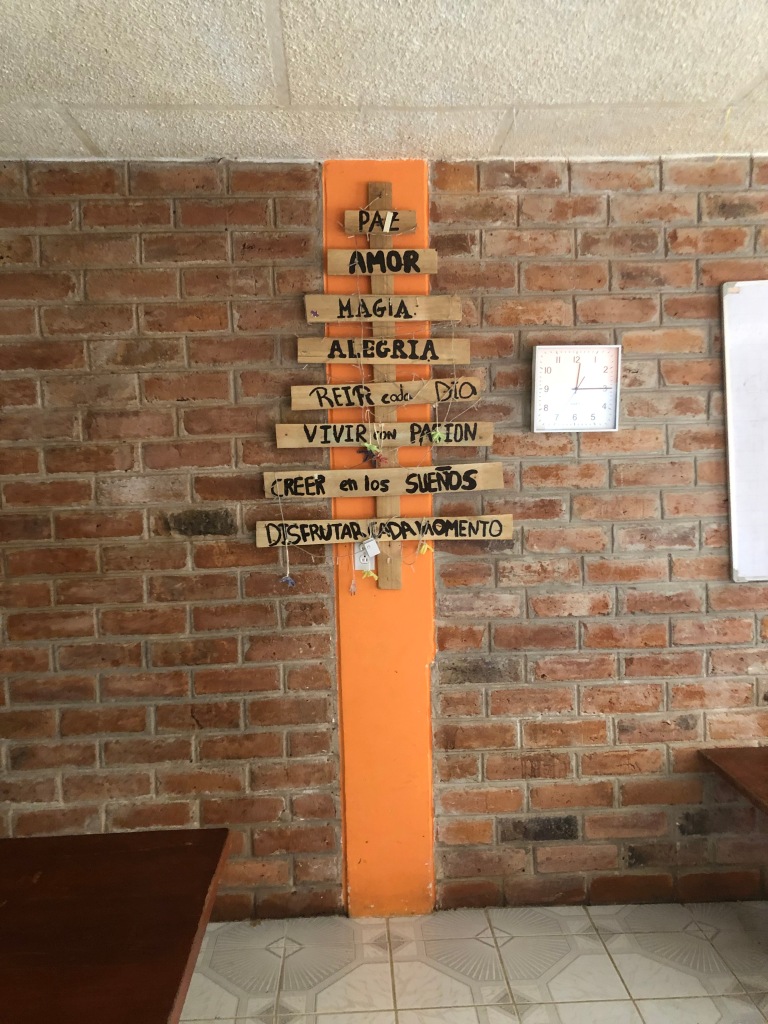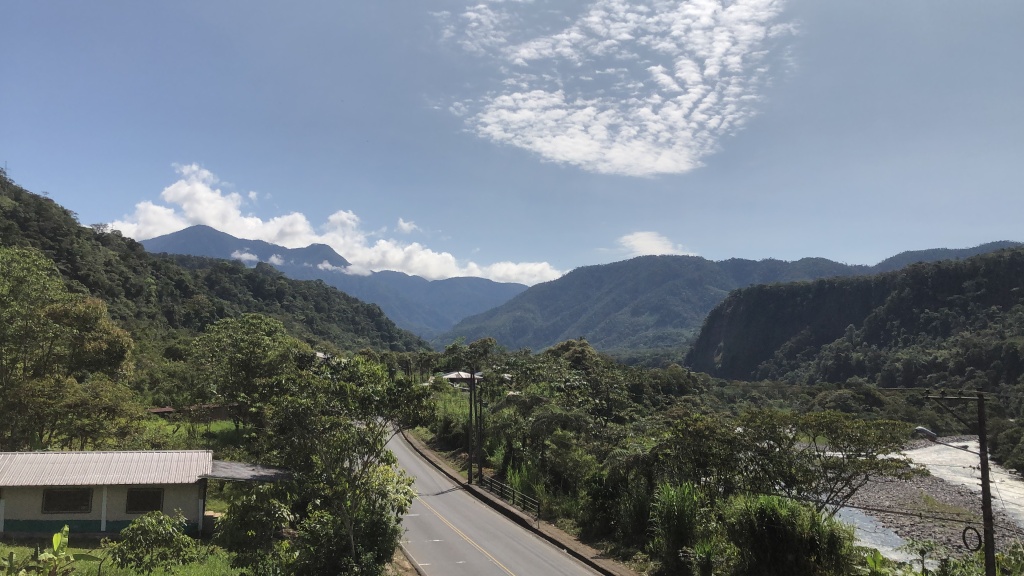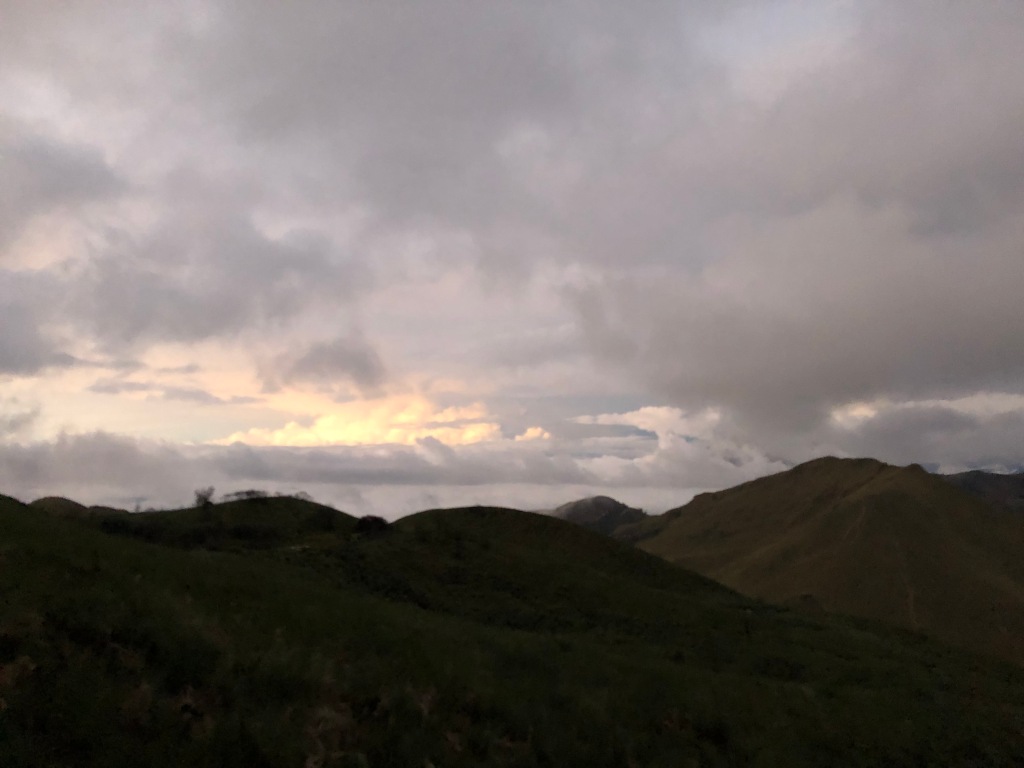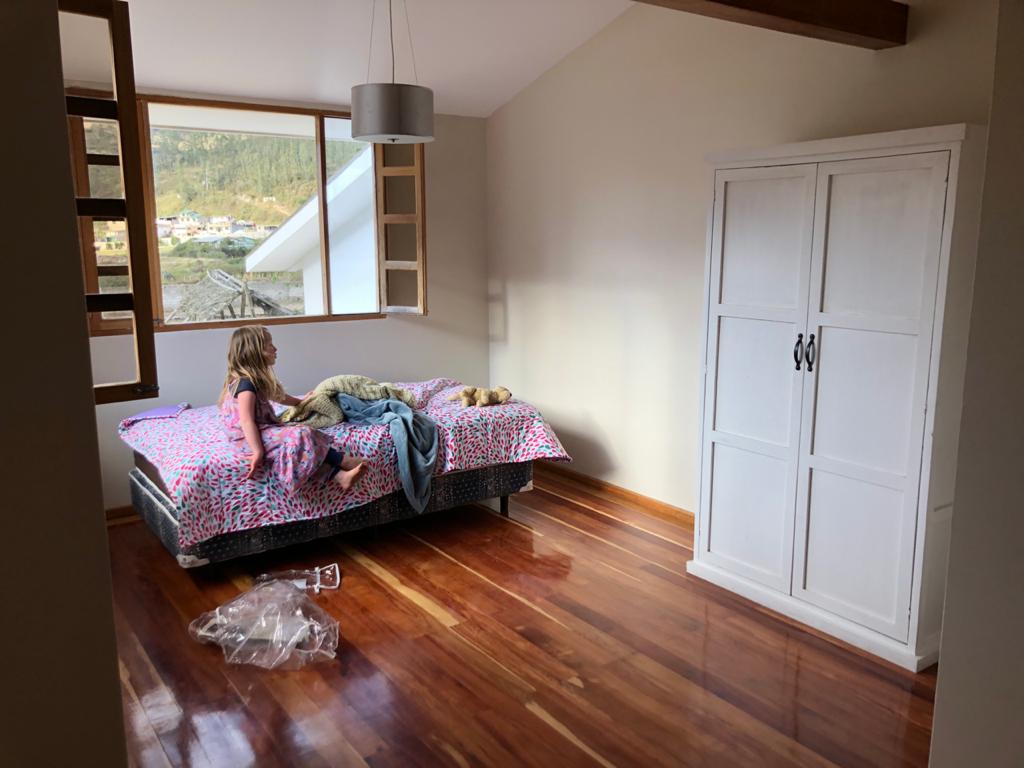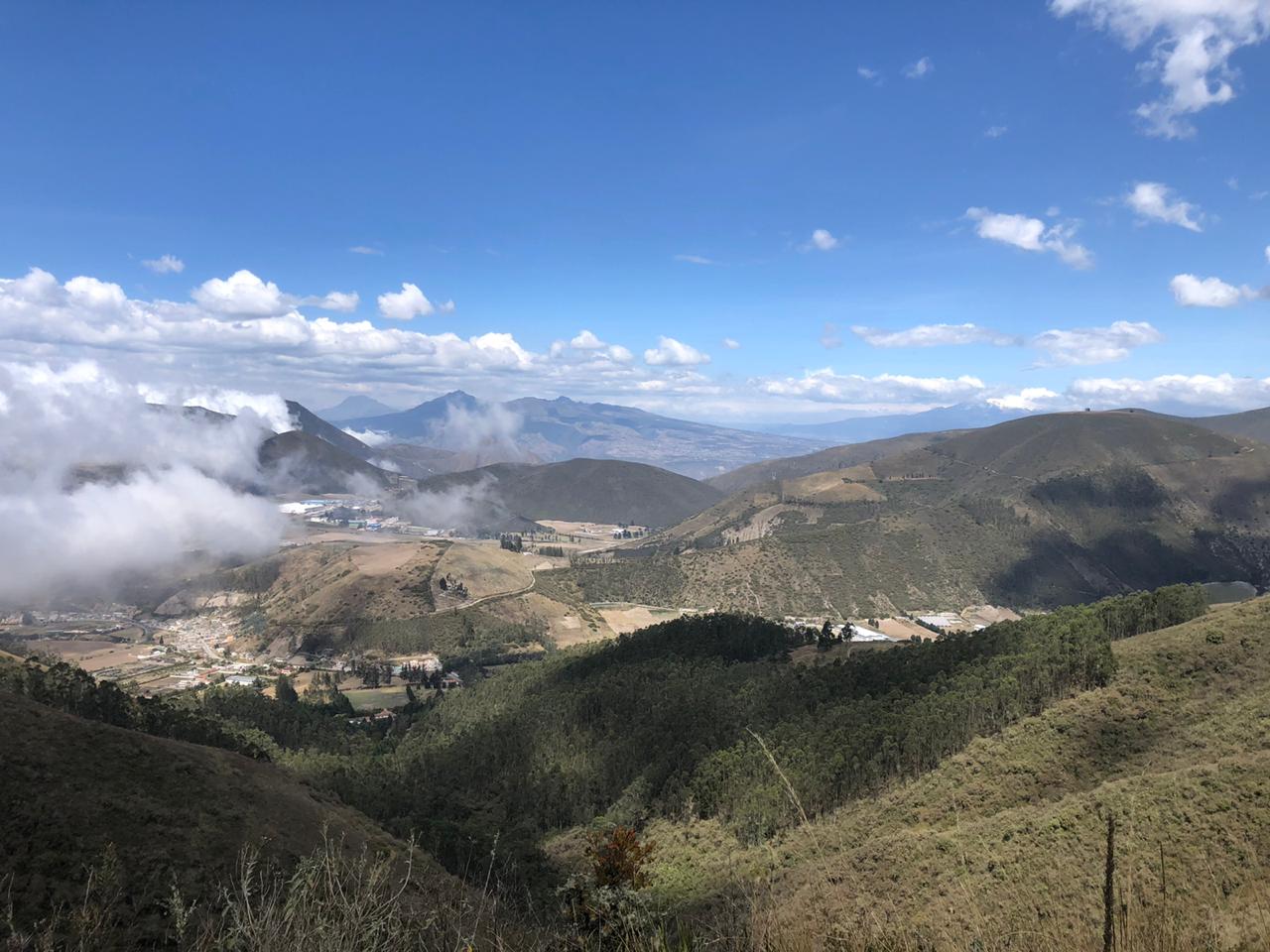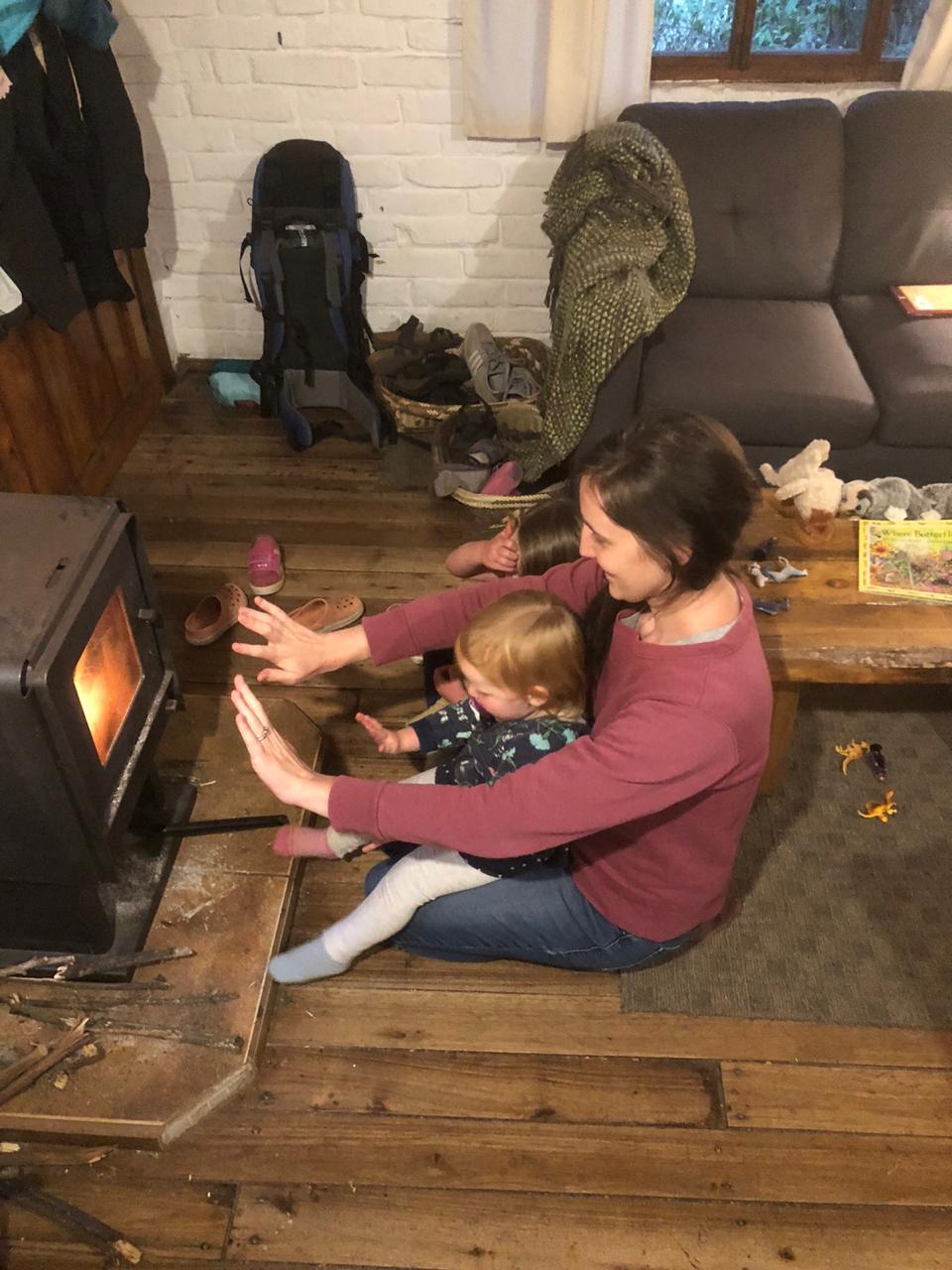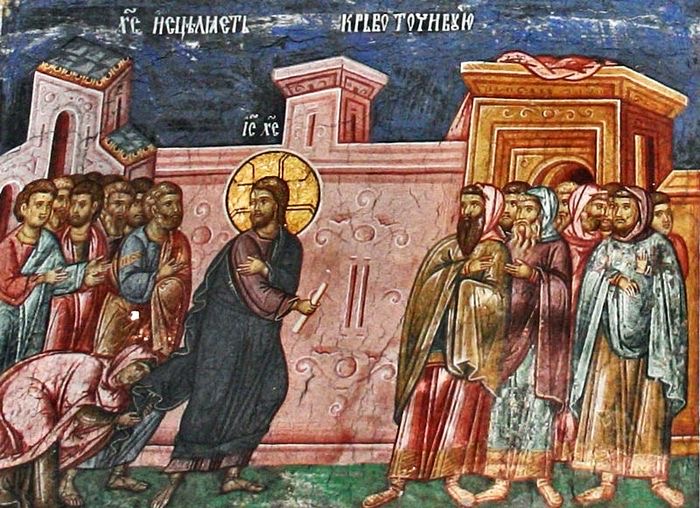this blog is not about the son who just entered the world and our family, but i certainly feel i should at least acknowledge his arrival. if you missed posts on other mediums, his name is shepherd henry and he was born at 2am on october 15. all birthing things went normally (a second vbac for stephanie), and steph would tell you the full story if you ask. let me say a big thank you to the family and friends who have been with us these first weeks with the new human, helping in many ways so that we can settle into the reality of a family of five. so while i will not go into detail, i will add that shepherd is wonderful and he fills me with a bizarre joy and it is great to see how the girls are enjoying his presence as well. there is still much to figure out in the changing family dynamics, but we are thankful for this new human. so here are some pictures and then the rest of the post.

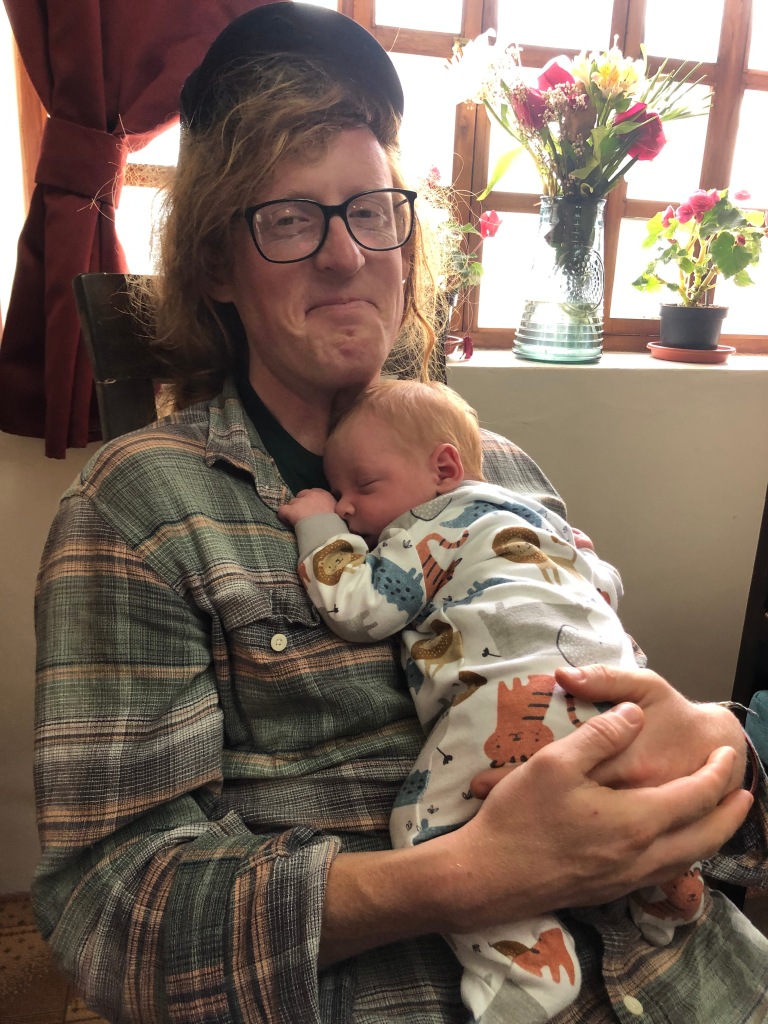


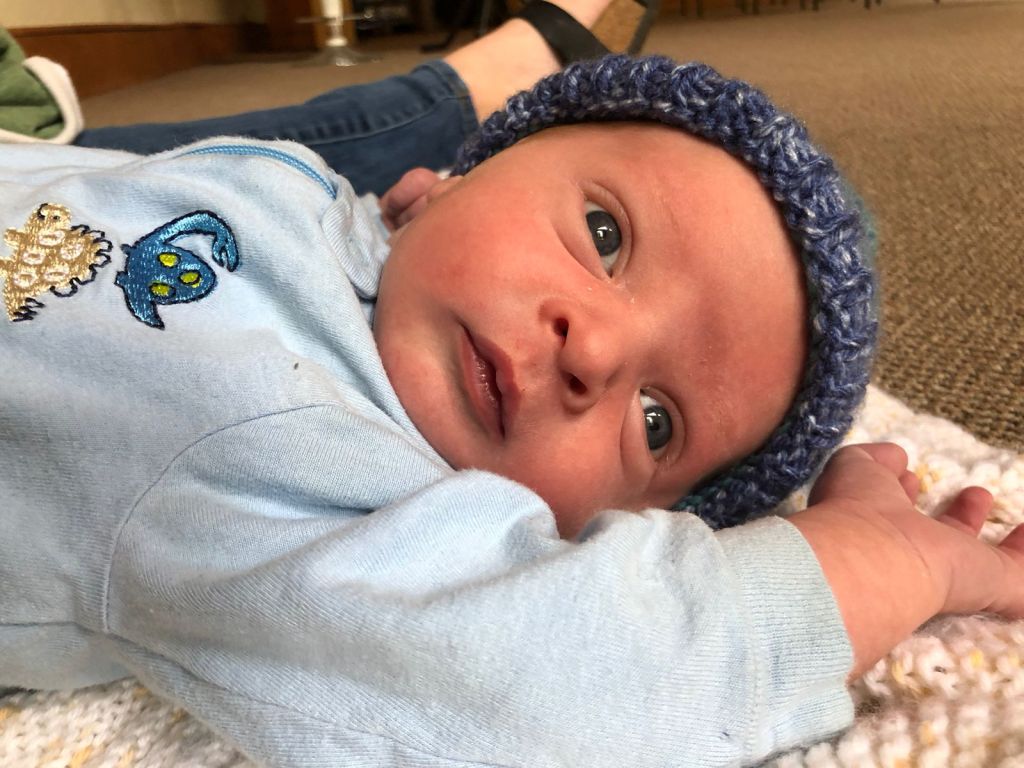
a recent addition to my work here in ecuador has been the teaching of a community development class with living and learning international, a study abroad program and another part of the great youth world network. the semester just finished, and the students have taken the last couple of weeks to visit machu picchu in peru and the galapagos islands before having a beach retreat to debrief. yeah, i’m sure it’s all very difficult for them.
for the most part, the students have choices of what classes they take, from biology to social entrepreneurship. they all take spanish classes in addition to a few other required classes. and community development is one of those few. which means every wednesday morning at 8:30 i saw all 29 of them.
so this being the first class at a university level that i have taught, i took much of the summer to prepare, sorting through all the materials i have collected during my studies in glasgow and since, reorganizing my community development class notes with the el refugio interns, rereading when helping hurts, the main class text (which, if you haven’t already read it, is a fairly good introduction to community development themes in a christian context). i made powerpoints for the first time in a long while.
as i only had an hour each week to fill their minds with ten thousand complex topics, we were always late leaving class. often this was because i never wanted to cut short our class discussions. though from what i understand no one was too angry about this. i received a lot of positive feedback. but i attribute that mostly to how necessary and interesting the material was for students studying international relations, missions, business, etc. the themes and principles of community development can, i truly believe, be utilized to make better, more effective, and more humane work in any field.
and what, you may ask, are the themes and principles of community development that are so transformative? well, allow me to post below all of my class notes. just kidding. but i will describe that on which i base all my community development theory and practice: the Kingdom of God. this of course is an absurdly deep topic, but for much of my teaching it boils down to that idea that our desire to help others should reflect the works and words of Jesus, and any system or organization or program we implement should also reflect the works and words of Jesus. and if any of these elements do not look like Jesus, then we need to critically analyze it intensely. and maybe do away with it. with this in mind we talk about key characteristics of the Kingdom, as seen in the life and doings of Jesus Himself, such as: humility (see philippians 2), radical care for others (see matthew 25, luke 10), humanization and inclusion, or seeing the image of God in all people (see for example matthew 8, john 4, acts 10, luke 4, basically the entire sermon on the mount). a favorite quote is from the book cross-cultural servanthood, which you should all go and read immediately, which says: ‘God wants us to see His face when we look into the face of others…no one is insignificant, no one is worthless.’ see also mark 5 when Jesus makes the crowd stop and hear the ostracized woman’s ‘whole truth’ (i wrote earlier about this story here).
for all of this and more i believe that good community development is living out Kingdom principles in tangible, practical ways. and that followers of Jesus should be the best community developers.
but, of course, looking at our world, this is hardly the case. we see paternalistic international organizations and governments (and even churches) dictating a single path to so-called ‘development’ or ‘progress’, ignoring the dignity, identity, cultures, and general realities of the poor. and any amount of violence or environmental destruction is justified as long as the country’s gdp goes up. none of this looks like Jesus.
thus community development practice is based on relationships, avoiding the wielding of earthly power for the sake of solidarity with the poor, the outcasts, the oppressed (another Jesus example). compassion, a word often used in development circles, does not mean simple charity, but rather, literally, to ‘suffer with’ (from the latin). thus community development is more incredible and more loving and more radical that people often think. because when we base our work on the example of Jesus we will defy societal expectations and challenge structures that do not reflect the principles of the Kingdom of God. this may include some flipping of tables. am i teaching my students to become dangerous radicals? not really. i’m simply teaching them to take Jesus seriously and live accordingly.
the point, then, is not that we all have some interesting discussions in a classroom and think deeply about things, but that these ideas and themes can be actively applied into any context and that students should go and do so. much of this teaching comes honestly from my experiences working with the refugee community leaders in kiziba camp in rwanda. they showed me what was possible with no budget, few resources, but through conversations, relationships, time, dedication, and faith.
and these are all topics i am continuing to work through. last weekend i spent visiting a couple of our partner ministries, talking about the future and our work together. and constantly in my mind was just about everything i teach in classes and how to apply that knowledge. remembering all the while that the foundation is Jesus and relationships.
our last class saw the students presenting their research about a selected community and subsequent plans for potential community development initiatives. i was glad that the plans were necessarily open, vague, even, all the while acknowledging the dynamics of the relationships present, the silliness of outsiders making plans to ‘fix’ a community, the need for time and relationships, the critiques of ongoing government, church, organizational programs. i hope less that i have made them think more like me, but rather that they see Jesus more clearly. i hope that the Spirit continues to work in each of these students’ lives in ways that we often do not see or understand.

until the next semester.



